Serious athletes know that physical activity and good nutrition go hand in hand. In order to sustain wellness, promote muscle growth and meet your fitness goals, you need to have discipline in both the gym and the kitchen.
If finding a balance between doing reps and your diet seems tougher than solving a Rubik’s cube, or you find yourself feeling exhausted after only a few minutes of elevated heart rate, improper nutrition could be holding you back. Here are some common mistakes athletes make and how you can fix a faux pas for better results and healthier habits.
Running On Empty
If you are all about exercising with nothing but bulletproof coffee in your belly in the a.m., you may be doing yourself a disservice. If you haven’t broken your fast before you exercise, then your muscle mass may suffer catabolism. That is your muscles may be cannibalized for energy! Ipso facto, lifting weights or running a 5k could chip away at the very muscles you are working so hard to build. Even eating a light meal can keep this sabotage at bay. Try toast with nut butter, an SFH Whey Protein shake, a hard-boiled egg, or a handful of nuts about twenty minutes before you work out to keep your blood sugar levels normal and help your body create energy and grow muscle.
Body of Water
Everyone stresses self-care after a workout, but regulating yourself during the action is imperative, especially when it comes to your water intake. Dehydration can cause all sorts of problems for mild cramping, to life-threatening heatstroke.
National Strength and Condition Association reminds us that water is the most important nutrient for the human body. Not only does it help your body regulate temperature (which is pretty important when you are working up a sweat), but it also aids in cardiovascular function. You can lose a lot of water during the course of a training session. According to Vlog Athletics, after only a 2% water decrease in your body, your athletic performance declines. Athletes who have more body mass, or who wear heavy protective gear, like hockey players are at a bigger risk of dehydration. Combat the loss of H2O by drinking at least 12 oz. of water four hours before you exercise and 8 oz. of water or something to replace your electrolytes for every 60 minutes you exercise. Don’t think because you have stopped working that you can stop drinking. Post workout you should consume another 20 oz. of water to stay hydrated
Chewing the Fat
There are enough new fads and crash diets that pop up every week it is enough to make you dizzy. Many trendy weight reduction plans eliminate food groups, encourage under-eating, and are generally unhealthy. One constant myth is that fat makes you fat. The USDA guidelines suggest that 35% of a day’s worth of calories should derive from fat. Those calories can keep you satiated for longer periods of time which is an important factor for athletes to keep in mind. In addition, after you use up all of your glucose, you need fat to burn so it won’t turn to muscle. According to Nutrition Advance, saturated fat consumption doesn’t have a negative effect on your diet and can even prove to be beneficial. So spread some PB, sparingly, on that toast and know that it is part of a nutritious way to restore your body.
Binge Watch
Many people will splurge after burning calories, celebrating all their hard work with their favorite food. Though it is important to refuel after a tough workout, it would be wise to watch what you fill up with. If you are exercising just to eat, the number of calories you melt in a workout may not be as much as you might think. Shape estimates that the average woman burns about 50 calories after a workout. Not to mention that you may eat more than you burn because exercise can increase the appetite. Reaching for a sugar-laden energy bar, or even rewarding yourself with comfort food can be overdoing it. Also, consider the fact that a replacement bar normally replaces a meal. Eating that, plus a dinner will really add up the daily calories. The best course of action is to consume real food about a half hour after an hour, making sure it has both protein and carbohydrates.
You Are What You Eat
After a serious training regimen, or if you are lucky enough to have a naturally muscular physique, you might feel entitled to do drive-thru more often than those who are constantly trying to battle the bulge. Even if you are blessed with a beautiful metabolism and you don’t feel like your diet is affecting the way you look, it is definitely affecting your workout. Fitness isn’t only the numbers on the scale. Food is fuel for the body and if you fill up the tank with poor quality gas, it will be reflected in your strength, endurance, and focus. Additionally, the crucial recovery period after an intense workout is hindered if the body is running on sugary treats and processed fast food. After hitting the gym, have a healthy meal full of vitamins, nutrients, and lean protein. If you are on-the-go and can’t stop to cook a proper meal, consider a quick and easy shake using our single serve packets of Recover Whey Protein Powder.


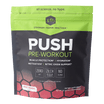
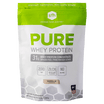
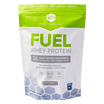
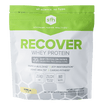
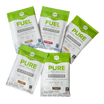
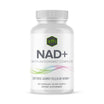
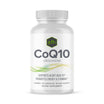


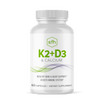
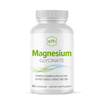
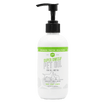
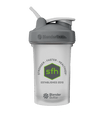
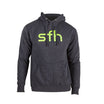
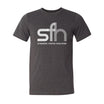


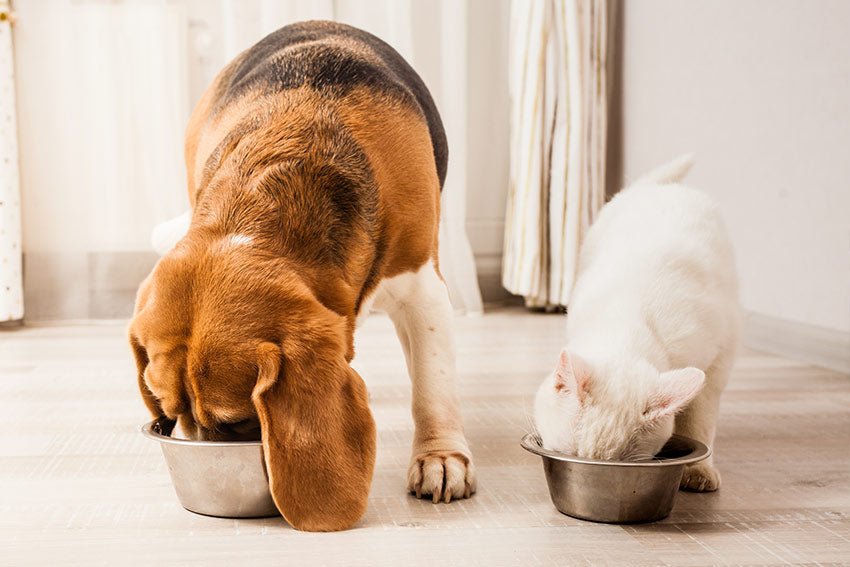
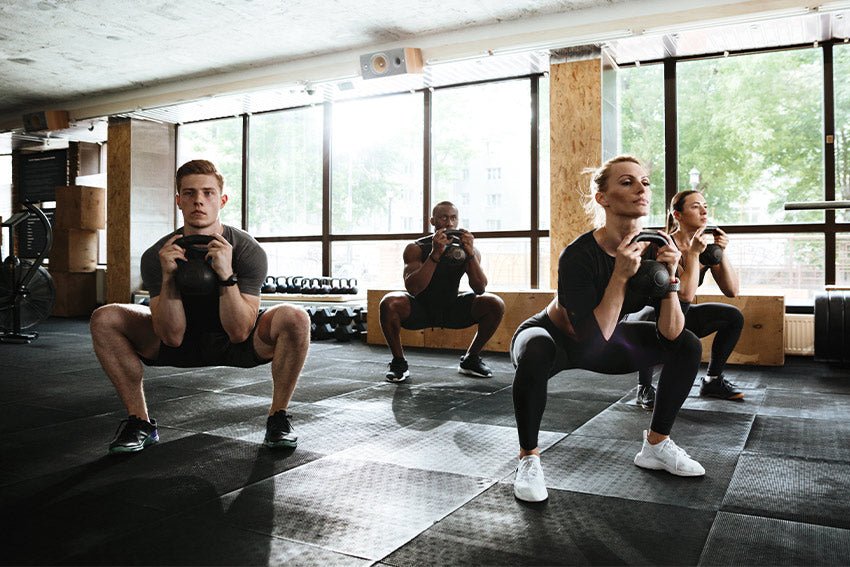
Leave a comment
This site is protected by hCaptcha and the hCaptcha Privacy Policy and Terms of Service apply.